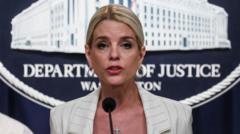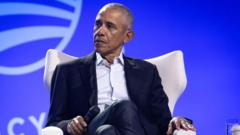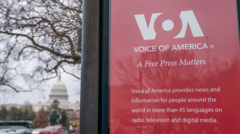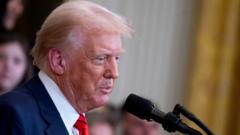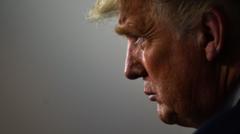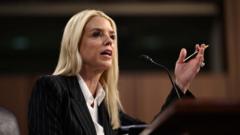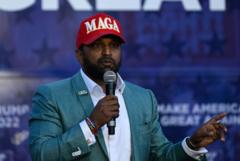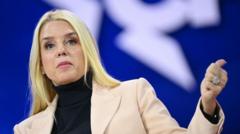The clash over the new executive order, which seeks to preserve biological distinctions in women's sports, leads to a high-profile legal battle that raises questions about rights and fairness for transgender individuals.
New Executive Order Sparks Legal Controversy Over Women's Sports
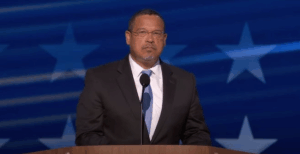
New Executive Order Sparks Legal Controversy Over Women's Sports
President Trump's recent executive order takes aim at transgender athletes in women's sports, sparking a significant lawsuit from Minnesota's attorney general.
In an unprecedented action to preserve integrity in women’s sports, President Donald Trump ratified Executive Order 14201, dubbed “Keeping Men Out of Women’s Sports,” on February 5, 2025. The directive requires that all educational institutions receiving federal funds maintain teams specifically for women and girls that are comprised solely of biological females.
Minnesota Takes Legal Action Against Federal Directive
Minnesota Attorney General Keith Ellison has initiated a lawsuit asserting that the executive order breaches the constitutional rights of transgender individuals and infringes upon the state’s Human Rights Act. This legal challenge aims to secure an injunction to halt the enforcement of the executive order within Minnesota.
Defense of Title IX by the Trump Administration
In defense of the directive, U.S. Attorney General Pam Bondi affirmed the administration's dedication to upholding the original intent of Title IX, which is to protect female athletes from discrimination. Bondi asserted that permitting biological males to compete against biological females contradicts the central objectives of Title IX and leads to an inequitable competitive landscape.
Implications of a High-Profile Court Case
Experts suggest that the outcome of this lawsuit may set an important precedent concerning both the Equal Protection Clause and Title IX compliance. The case could reshuffle the framework of how athletic programs in educational institutions nationwide are organized.
Support for Fairness in Sports
Advocates for the executive order contend that it reinstates fairness within women's athletics, safeguarding the opportunities of female athletes who may be at risk of losing scholarships, titles, and overall progress due to existing policies that allow trans women to compete.
As the legal confrontation between Minnesota and the Trump administration unfolds, it spotlights critical constitutional debates surrounding gender rights, federal funding statutes, and the authority of states. The outcomes are being closely monitored in anticipation of landmark judicial interpretations.






